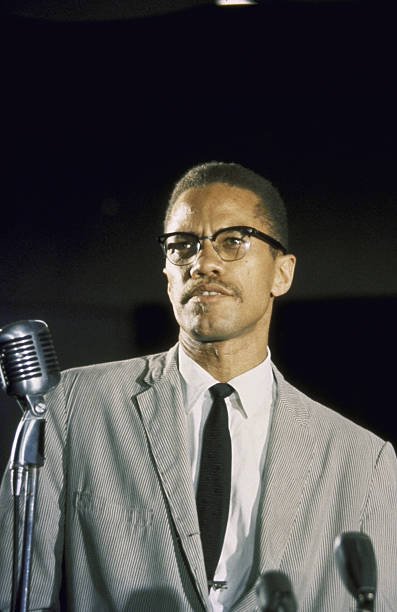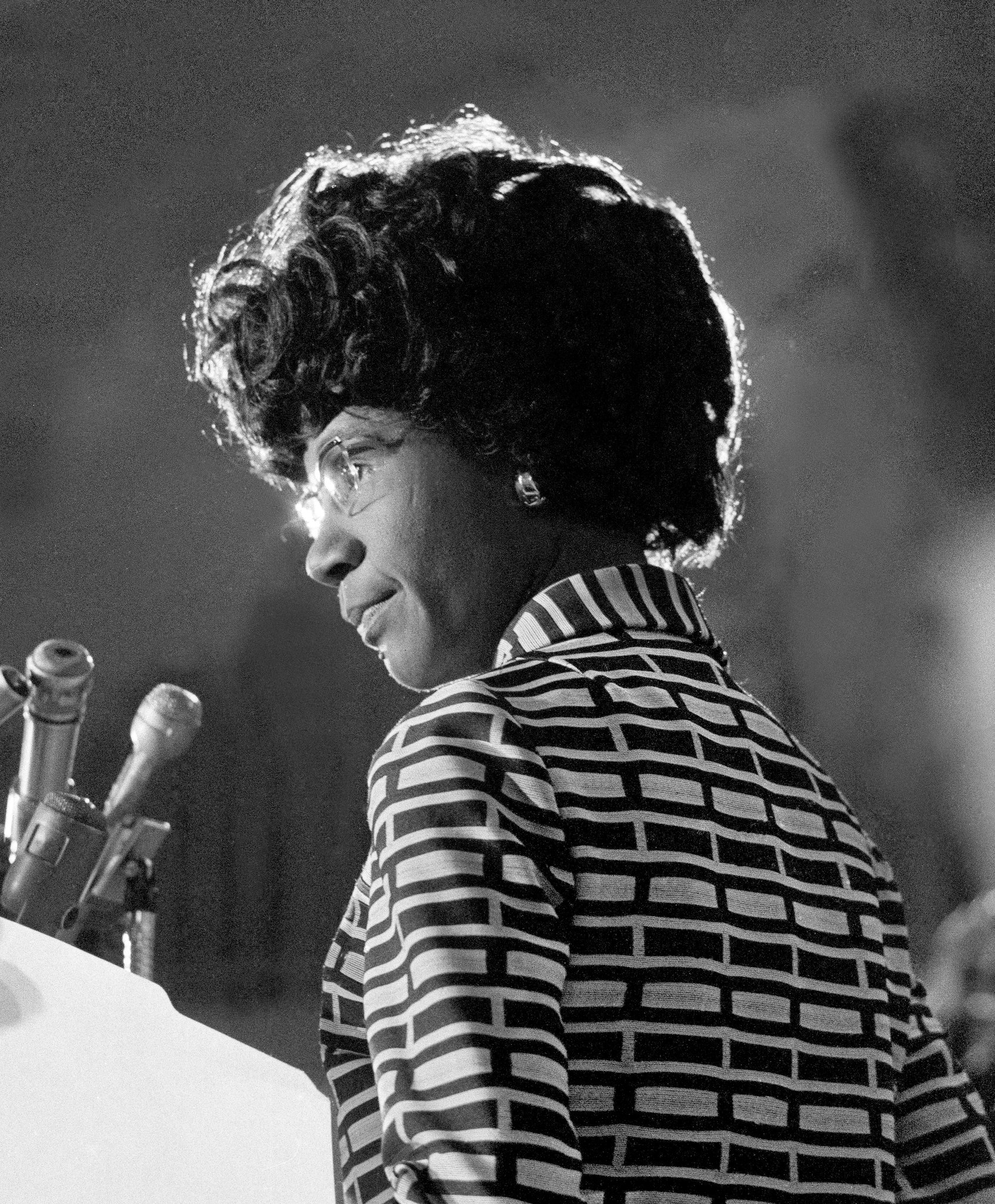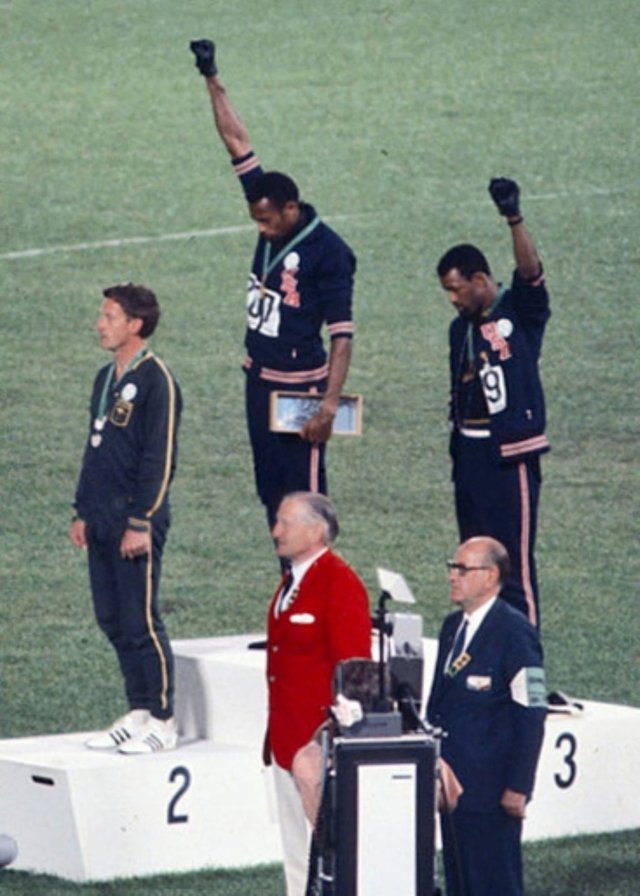Crispus Attucks: American Martyr
Episode 2: The Humanity Archive Podcast
Patriot? Martyr? Criminal? Inconsequential historical figure? These are the many opinions of Crispus Attucks. Little is known about his overall life. It is thought that he spent much of his life known as William Browne from Framingham. He escaped slavery in 1750 and then, twenty years later, placed himself at the front of a crowd protesting against British soldiers on King Street in Boston. Crispus Attucks was shot and killed, along with four other civilians, on March 5, 1770, in an event that will forever be known as the Boston Massacre.
Take a Journey Through Black History
Jump To Section
Who was Crispus Attucks?
Crispus Attucks' was a man born to a Black father and a Natick Indian mother a Natick Indian. Not much is known about his early life, but he was the first to die in the Boston Massacre on March 5, 1770. In 1888. It is believed that he was born enslaved outside of Boston in 1723. Later he escaped slavery for good, a Boston Gazette runaway ad from 1750 was beleived to be him; "Ran away from his Master, William Brown of Framingham, on the 30th of Sept. last, a Molatto Fellow, about 27 Year of age, named Crispas, 6 Feet two Inches high, short curl'd Hair...," the advertisement read.
How did Crispus Attucks Die?
Crispus Attucks died in the Boston Massacre, a pivotal event in American history on March 5, 1770. What began as a riot and brawl on King Street in Boston between colonists and a British soldier escalated into a mass shooting. The massacre of North American colonists fueled the fire of anti-British sentiment and sparked the American Revolution.
SHOW HIGHLIGHTS
How rising tensions between England and the American colony led to the Boston massacre
Who was Crispus Attucks?
How Attucks escaped from slavery
What are the opposing viewpoints on the life and legacy of Crispus Attucks?
Was he a hero and martyr who gave his life for American liberty?
Was he a “sell-out” dying for the liberty of a colony that’d keep him enslaved?
Was he a rowdy troublemaker, as John Adams called him, or just at the wrong place at the wrong time?
Firsthand accounts of the Boston massacre
Perspectives from the colonist and the English soldiers
What led up to the deadly shots fired on the colonist
Attucks perceived role in the attack
The surprise lawyer who shows up to defend the English in court
The verdict of the Boston Massacre trial?
What was the impact of the Boston Massacre on the future of the colonies?
Research & Reading List





